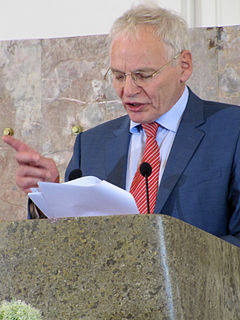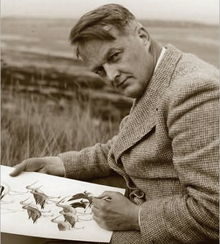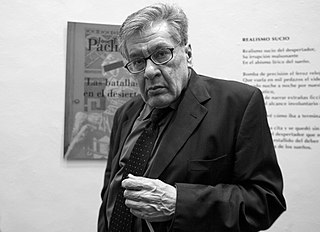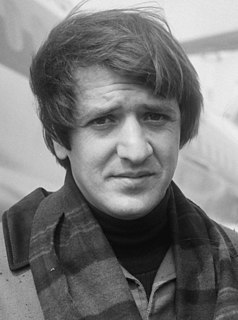A Quote by Stephanie Coontz
In the 1970s, family history wasn't yet thought of a serious field for study. I was terrified of being laughed at by other historians. I called my book 'The Social Origins of Private Life.' It should have been 'As Pompous as You Want to Be.' Every sentence was academic jargon, and if I said X, I qualified it with Y.
Related Quotes
The philosophy that I have worked under most of my life is that the serious study of natural history is an activity which has far-reaching effects in every aspect of a person's life. It ultimately makes people protective of the environment in a very committed way. It is my opinion that the study of natural history should be the primary avenue for creating environmentalists.
Historians of a generation ago were often shocked by the violence with which scientists rejected the history of their own subject as irrelevant; they could not understand how the members of any academic profession could fail to be intrigued by the study of their own cultural heritage. What these historians did not grasp was that scientists will welcome the history of science only when it has been demonstrated that this discipline can add to our understanding of science itself and thus help to produce, in some sense, better scientists.
I do have a very conscious desire not to be academic. I'm antiacademic. I hate jargon. I hate that sort of pretension. I am a person who [commits] breaches of decorum - not in private life, but in my work. They are part of my mode of operation. That kind of playfulness is part of my nature in general. The paradox that, in a way, to take something very seriously, you can't always be serious about it.
With a 660-page book, you don't read every sentence aloud. I am terrified for the poor guy doing the audio book. But I do because I think we hear them aloud even if it's not an audio book. The other goofy thing I do is I examine the shape of the words but not the words themselves. Then I ask myself, "Does it look like what it is?" If it's a sequence where I want to grab the reader and not let the reader go then it needs to look dense. But at times I want the reader to focus on a certain word or a certain image and pause there.



































